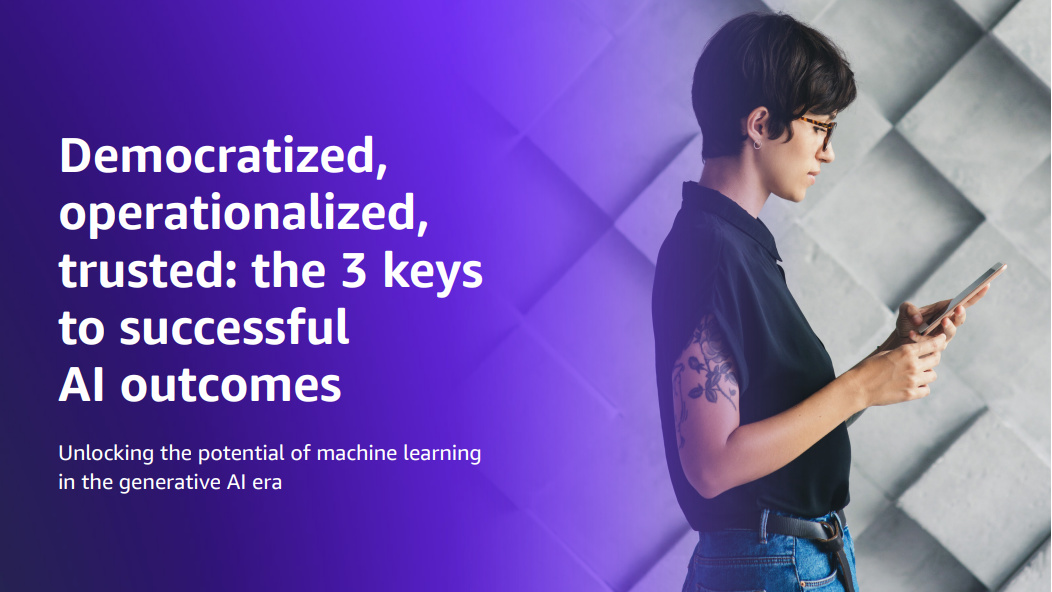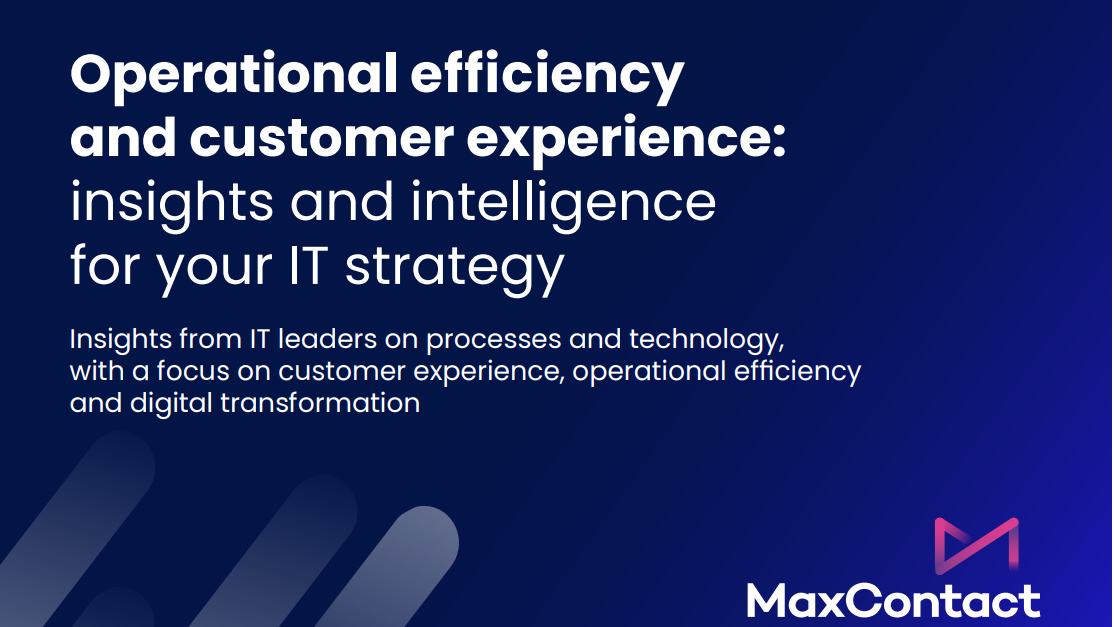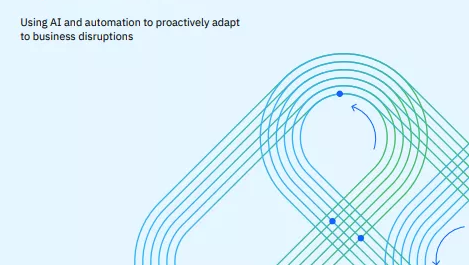Most business leaders think their digital transformation efforts are failing and directionless
Attempts to digitise organisations have mostly failed and have increased the amount of admin tasks placed on staff


72% of business leaders believe their organisation doesn’t have a clear path to reach its digital transformation goals, according to new research from Microsoft.
Its survey examined the views of thousands of business decision makers (BDMs) and employees, looking at attitudes towards digitisation progress across global firms in the UK, US, and Japan more broadly.
Microsoft's research found that 71% of BDMs stated their company failed to deliver on the promise of digital transformation.
In addition, 85% of the 600 UK BDMs in the study recognised digitalisation as more important than ever before, with 83% warning that if their organisations don’t continue to invest in digital transformation, they will suffer or even fail.
Most BDMs and employees (76%) expressed that the current technology at their organisations has led to an increase in admin tasks, including data entry or note taking.
69% of all respondents also feel overwhelmed by how many collaboration tools are available. This led to 77% stating that data is siloed across teams and departments, while 73% find it hard to share information across their company.
However, 59% of BDMs aren’t planning to consolidate the number of tools available to their workers, with 26% declaring that they plan to increase the amount available.
Sign up today and you will receive a free copy of our Future Focus 2025 report - the leading guidance on AI, cybersecurity and other IT challenges as per 700+ senior executives
Microsoft found that 89% of employees believe that artificial intelligence (AI) could automate at least a quarter of their daily tasks, and that they find work more fulfilling when using AI technology.
In cases where they have machine assistance, simple tasks can be automated giving them more time to work on other more pressing jobs.
Despite the help AI can offer, 78% of workers still expressed concern about the growing presence of the technology in the workplace.
The tech giant also said that the study shows there’s a need to democratise access to digital tools in UK businesses.
71% of workers want more access to low-code and no-code development technology to reduce reliance on outside help to create the tools their department needs.
Meanwhile, 74% expressed frustration that they weren’t able to implement their own digital solutions due to their company’s policies.
“The digital revolution in UK business will not be top-down - it will start from the ground up. Business leaders should place their employees at the heart of digital transformation,” said Rob Smithson, business applications lead at Microsoft UK.
RELATED RESOURCE

ESG: Designing the ideal digital work experience for the next generation of innovators
What users want, why it's critical to give it to them, and how the whole organisation can benefit
“These are the people closest to your operational challenges and best placed to build and use technology to help solve them.
“By democratising access to tools that simplify – not complicate – work, and creating policies that encourage experimentation within a safe, secure environment, business leaders will fan the flames of digital innovation in 2023,” he said.
In May 2022, Microsoft launched Power Pages, a new low-code development platform to build websites and apps without developers.
This extended its Power Apps Portals product which also allowed organisations to build apps without needing to be an expert in software development.
The tech giant said that the Power Pages platform allows users to build web pages much faster compared to hiring a development team and embarking on a lengthy planning process.
Various departments within an organisation can use GUI-based development environments to create basic applications. The New Zealand government used it to facilitate the launch of a visa programme, the website for which initially failed when too many applicants used it concurrently.
In May 2021, the tech giant also planned to integrate GPT-3, an AI language model, into Power Apps, a low code app development platform. Microsoft said this would help users build apps without needing to know computer code or formulas. It hoped this would help train people more rapidly to use low code tools and provide greater access to more advanced app building.
Zach Marzouk is a former ITPro, CloudPro, and ChannelPro staff writer, covering topics like security, privacy, worker rights, and startups, primarily in the Asia Pacific and the US regions. Zach joined ITPro in 2017 where he was introduced to the world of B2B technology as a junior staff writer, before he returned to Argentina in 2018, working in communications and as a copywriter. In 2021, he made his way back to ITPro as a staff writer during the pandemic, before joining the world of freelance in 2022.
-
 The modern workplace: Standardizing collaboration for the enterprise IT leader
The modern workplace: Standardizing collaboration for the enterprise IT leaderHow Barco ClickShare Hub is redefining the meeting room
-
 Interim CISA chief uploaded sensitive documents to a public version of ChatGPT
Interim CISA chief uploaded sensitive documents to a public version of ChatGPTNews The incident at CISA raises yet more concerns about the rise of ‘shadow AI’ and data protection risks
-
 Achieving business outcomes with generative AI
Achieving business outcomes with generative AIWebinar Take your hybrid cloud journey to the next level with generative AI
-
 The three keys to successful AI and ML outcomes
The three keys to successful AI and ML outcomesWhitepaper Unlocking the potential of machine learning in the generative AI era
-
 Clarity of AI implementation is a primary concern for UK employees
Clarity of AI implementation is a primary concern for UK employeesNew research finds workers are enthusiastic about implementing AI but are in the dark over how it will happen
-
 Operational efficiency and customer experience: Insights and intelligence for your IT strategy
Operational efficiency and customer experience: Insights and intelligence for your IT strategyWhitepaper Insights from IT leaders on processes and technology, with a focus on customer experience, operational efficiency, and digital transformation
-
 The four pillars of excellence for technology leaders
The four pillars of excellence for technology leaderswhitepaper Download this CIOs business case for integration and automation
-
 Sustainability at scale, accelerated by data
Sustainability at scale, accelerated by dataWhitepaper A methodical approach to ESG data management and reporting helps GPT blaze a trail in sustainability
-
 Bing and Edge AI hits open preview, with chat history and multimodal promise
Bing and Edge AI hits open preview, with chat history and multimodal promiseNews Bing and Edge have been given a visual boost, and will now support third-party integration
-
 How to help IT manage itself with autonomous operations
How to help IT manage itself with autonomous operationsWhitepaper Using AI and automation to proactively adapt to business disruptions
